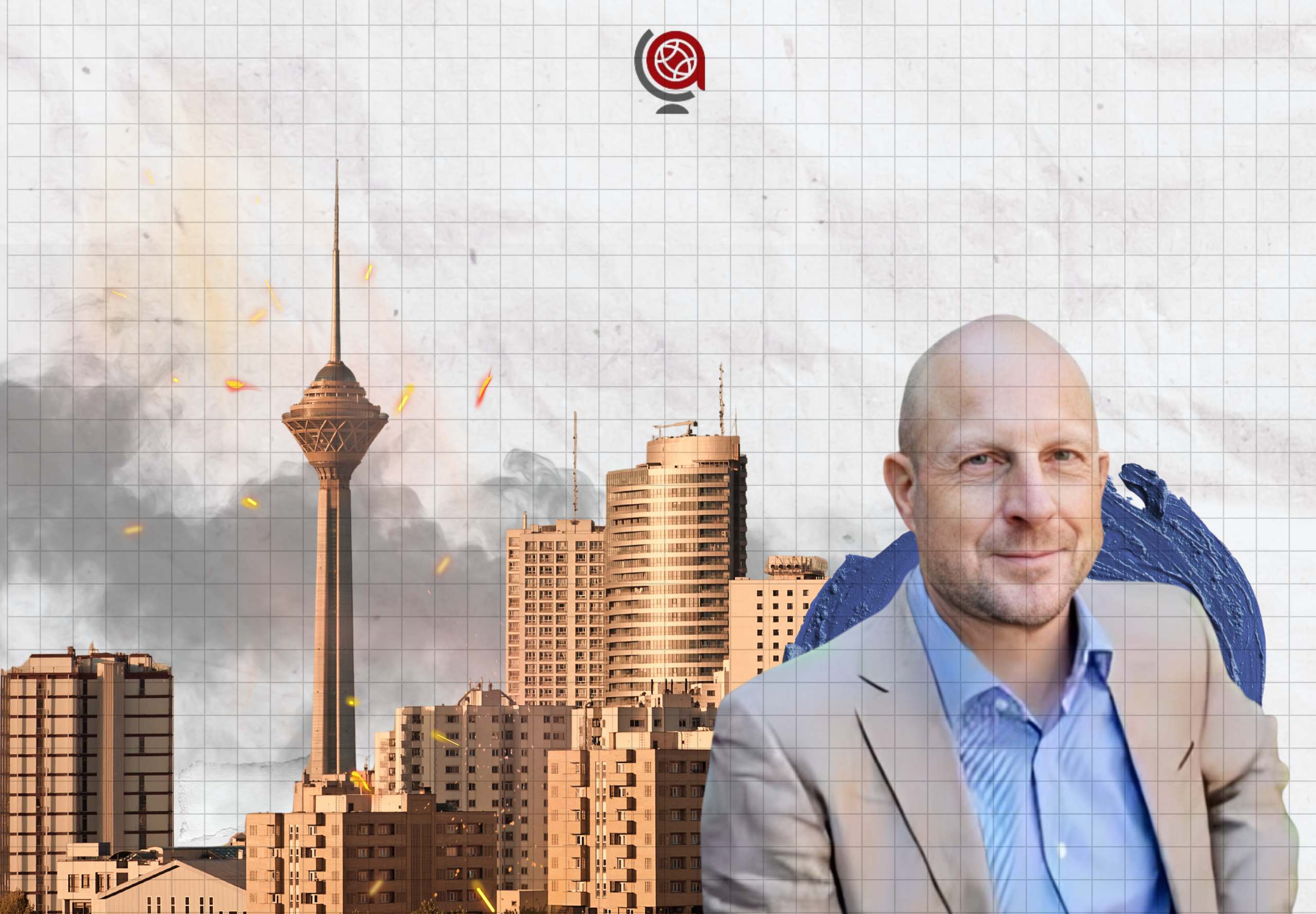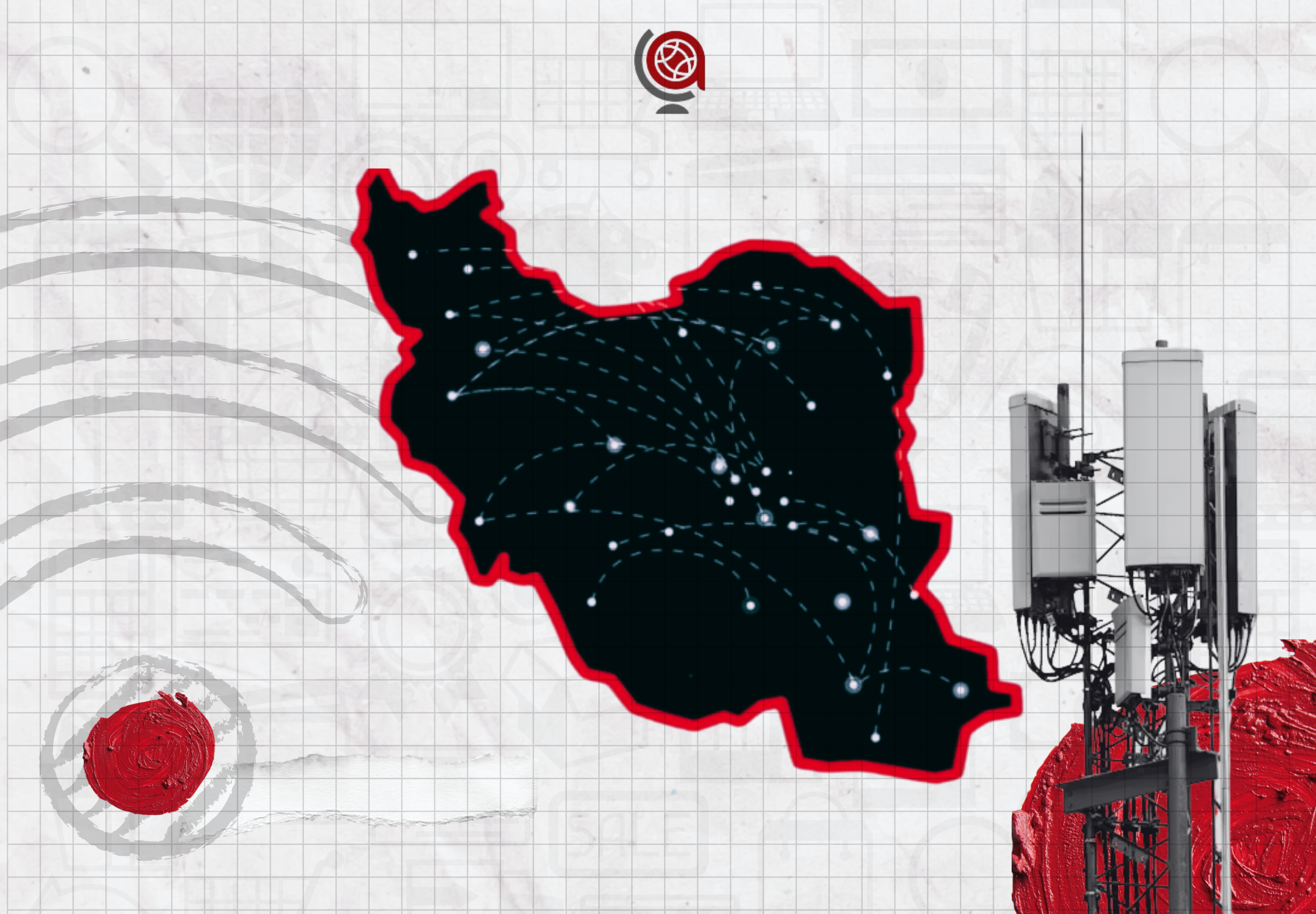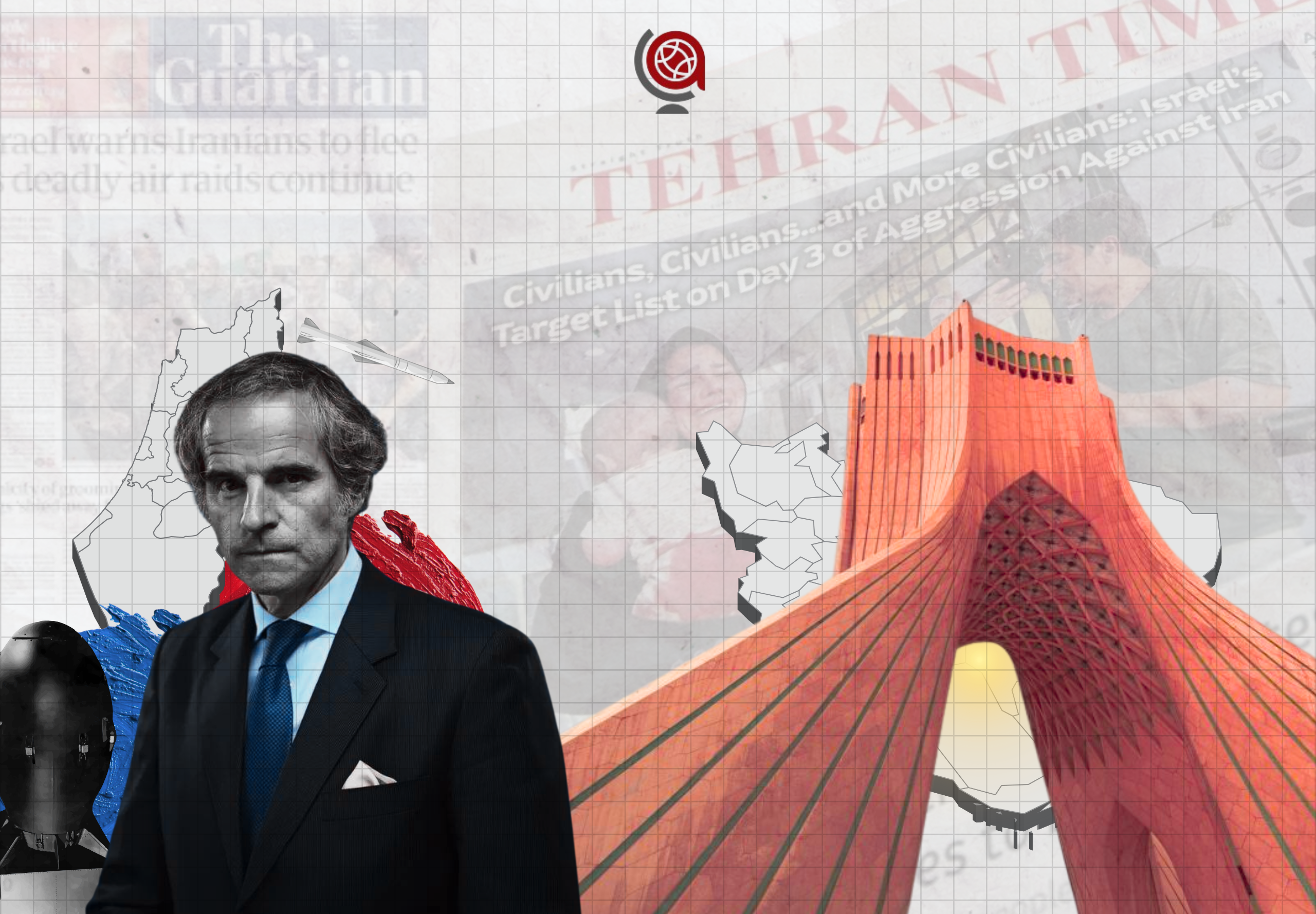Israeli Military Aggression Against Iran: Is International Law Merely a Toy?
Noted by Sadegh Bashireh
Introduction
The scope of Israeli aggression against Iran is extensive. However, in my view, the key issues can be grouped under two main categories: Jus ad bellum and Jus in bello.
Discussion of the first category takes precedence, as it may influence several aspects of the second. Moreover, unlike the first category—which is grounded in realism—the second is based on idealism. This is because, for instance, it expects an irrational aggressor, who has already violated the fundamental prohibition on the use of force to achieve its interests, to still adhere to international humanitarian law. So although my note revolves around these two axes, it is not limited to legal issues and it also includes some ethical considerations and points of international relations.
A stab in the back to diplomacy, peace and international law
One noteworthy point is that these acts of aggression occurred at a time when Iran and the United States were engaged in negotiations over Iran’s nuclear program. The subsequent confirmation by the U.S. President and the joint attack on Iran’s nuclear facilities by the U.S. and Israel offer strong evidence of coordinated action between them in initiating hostilities against Iran. Thus, two scenarios emerge:
The first scenario is that the negotiations were a deliberate ruse to justify a pre-planned attack on Iran. This is not only a fundamental deviation from diplomacy and an overt act of war but also fosters deep mistrust in international relations. The U.S. President had previously withdrawn from the JCPOA, a product of prolonged multilateral diplomacy, thereby fueling this distrust. This time, by launching military strikes during negotiations, he confirmed a lack of commitment to diplomacy.
The world’s collective memory will not forget this betrayal, and the damage caused by such mistrust will trouble the international community for a long time.
The second scenario is that the armed operation was meant to force Iran into unconditional submission to American demands during negotiations. In essence, this is a regressive return to a pre-modern era, an era before the prohibition on the use of force had been established. I sometimes wish I had lived in that time so I wouldn’t have to witness legal concepts like self-defense being manipulated to justify acts of aggression. From this perspective, the actions of the U.S. and Israel are not just an attack on Iran, but a betrayal of the achievements of human civilization.
You might see my words as biased because I am Iranian. Perhaps you even share the U.S. position on Iran’s nuclear rights and feel concerned about it. So let me join you in asking: have your concerns now been resolved? My point is this: what has this war achieved? If Iran were pursuing nuclear weapons, do you believe it would now abandon that pursuit? Can merely bombing Iran’s nuclear facilities truly neutralize such a program? And a more fundamental question: Can war ever bring peace?
My answer is no. I believe this war achieved nothing in that regard and only made the situation more complicated. Today, there is no negotiation table. As a result of the unprofessional conduct of the International Atomic Energy Agency (IAEA), Iran has decided to cease its cooperation with the Agency, and withdrawal from the Non-Proliferation Treaty (NPT) is under serious consideration.
These are the natural consequences of Israel’s warmongering. If hostilities persist or intensify, Iran still holds other significant cards that could further threaten international peace and security.
Abuse of international law against humanitarianism
I do not intend to delve Jus in bello for now. These are sensitive, complex, technical matters that I leave to specialists in the field. However, I would like to point out that Israel’s excessive invocation of “self-defense” and “military necessity” has resulted in nearly 60,000 deaths in the occupied Palestinian territories over the course of approximately 600 days.
In effect, Israel has violated both the prohibition on the use of force and the rules of armed conflict, undermining the very foundations of international law and committing atrocities. According to official statistics, roughly 600 people have been martyred in Iran within a span of 12 days, including a significant number of civilians, women, and children. All this occurred despite Israel’s claim that it is not at war with the Iranian people.These figures clearly demonstrate that if Iran’s armed forces had not resorted to lawful self-defense in response to Israel’s aggression and if a ceasefire had not been reached, Israel had the potential to inflict a catastrophe on Iran even greater than that in Palestine.
After the massacre in Palestine, Israel continues to argue that its fight against Hamas is separate from its treatment of Palestinian civilians. According to Israel, they are trying to avoid harming people, despite Hamas using of civilians as human shields.
For Israel, “self-defense” serves not only as a justification for violating the prohibition on the use of force but also as a tool to breach international humanitarian law and commit genocide. This claim is substantiated by Israel’s own defense before the International Court of Justice in the case of South Africa v. Israel, where Israel linked the continuation of its military operations to the protection of its citizens and the exercise of its right to self-defense. It emphasized that while it must comply with international law, including humanitarian law, its inherent right to self-defense cannot be denied.
While this argument may not seem incorrect at face value, one must ask: what is the actual scope of self-defense? Shouldn’t self-defense, as an exception to the prohibition on the use of force, be interpreted narrowly? Have we altogether forgotten the elements of necessity and proportionality, allowing ourselves to commit any crime under the banner of self-defense?
Conclusion
Israel’s actions pose a serious and growing threat to international peace and security. It is unclear which country will be the next victim of its excessive ambitions. The support-or shameful silence-of the United States and European countries in the face of these atrocities is deeply disturbing. In my view, under such circumstances, the protection of international law is very important as a human achievement. In return, the international community should demand that Israel make its nuclear activities transparent and come under the NPT regime.
Disclaimer
All blog posts, notes, commentaries, and translations published on this platform reflect the personal views and interpretations of their respective authors. They do not necessarily represent the views, policies, or positions of Law Academia or its affiliates. While we strive to maintain academic integrity and intellectual diversity, Law Academia assumes no responsibility for the accuracy, completeness, or legal validity of the content provided by individual contributors.








